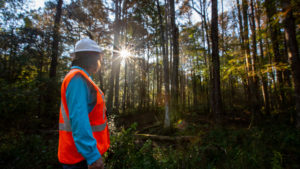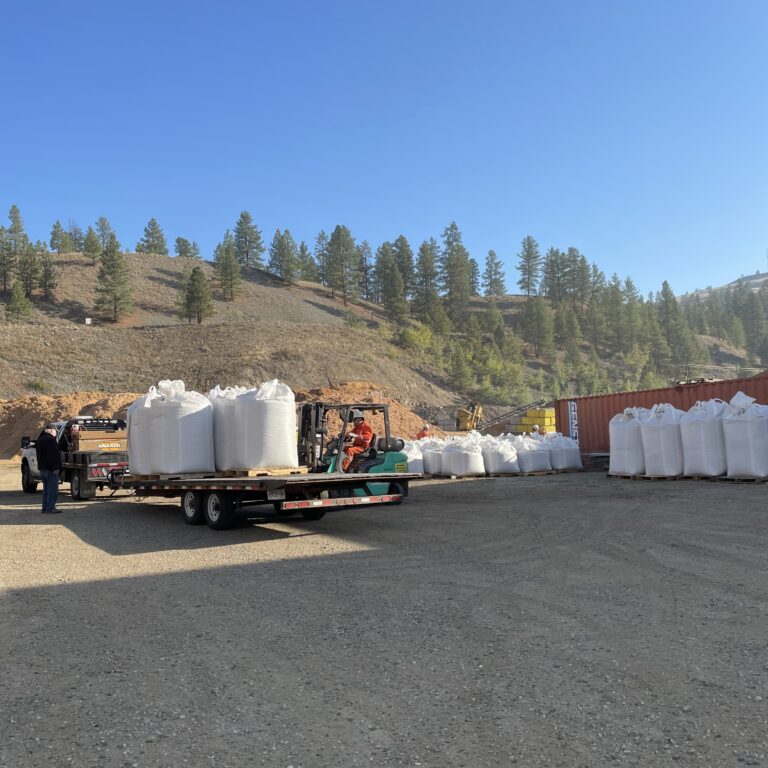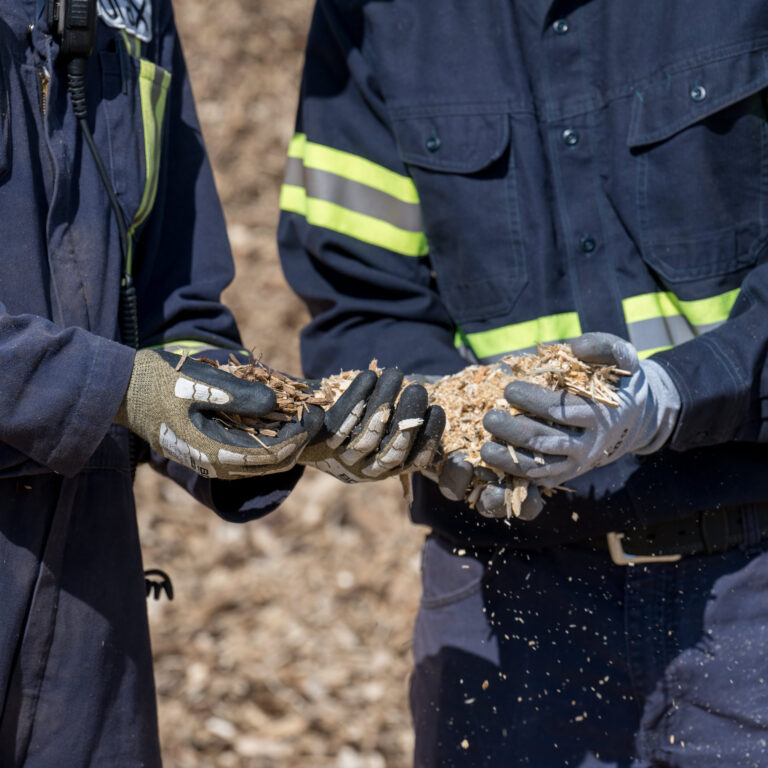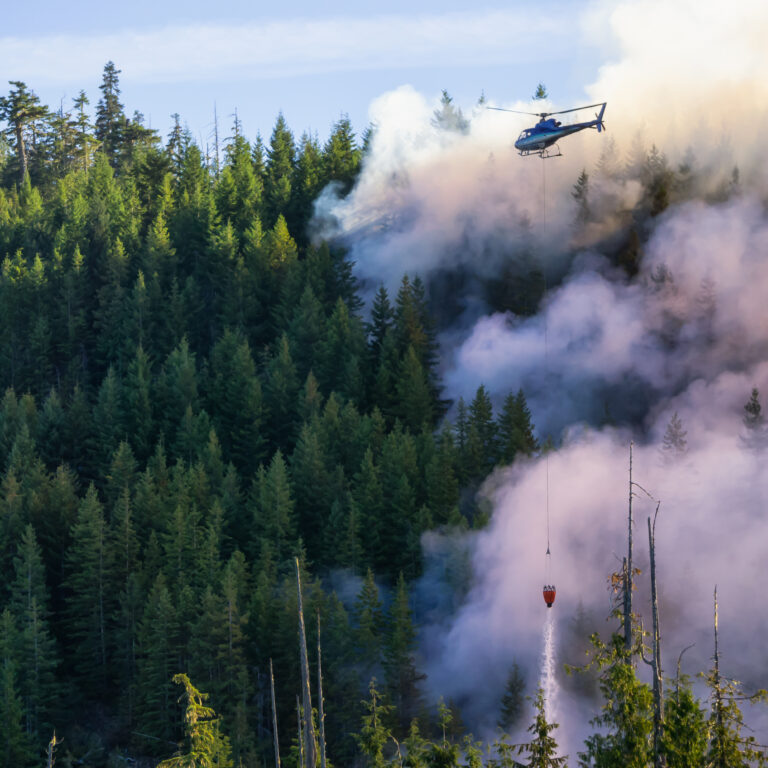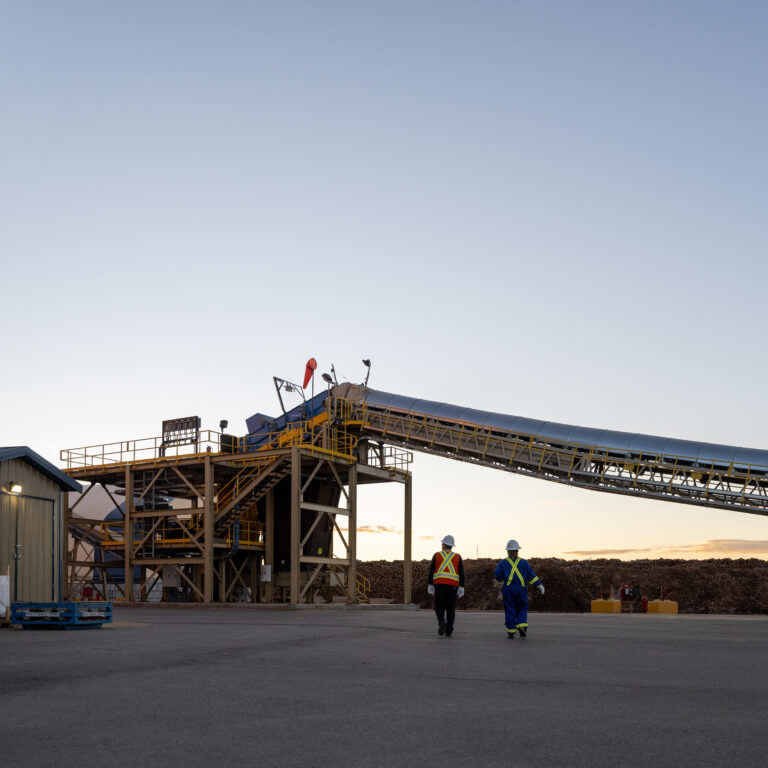Biomass plays an important role supporting the health of Canadian forests and the communities which rely upon them.
The forests we source from in Canada belong to the public and government sets the harvesting rules and annual harvesting rates for these forests. These rules ensure that harvesting supports the production of wood products but also sawmill and forest residuals that can be turned into renewable power and replace fossil fuels. This also creates jobs and economic and social benefits for communities and First Nations.
The removal of forest residuals also helps prevent the spread of fire, pests and diseases that have devastated forests in British Columbia in the past and continue to pose a serious threat today.
The origin of the biomass industry in Canada is linked to solving an environmental problem, where these residuals were being burned in great quantities, releasing carbon directly into the atmosphere. The biomass industry’s presence in Canada has helped turn this wood into useful renewable electricity instead.
Today, we are part of a forest management system that tries to prevent disease and forest fires from spreading in the first place, by taking the residual material from harvests that mimic as closely as possible the impact of nature on forests without the associated risk that comes from disease and forest fires.
This helps sustain the health of Canadian forests and the safety of the communities that live there, while also producing valuable products including wood pellets that help eliminate fossil fuels from our economy.
Click here to find out more about our biomass sourcing from Canada.

